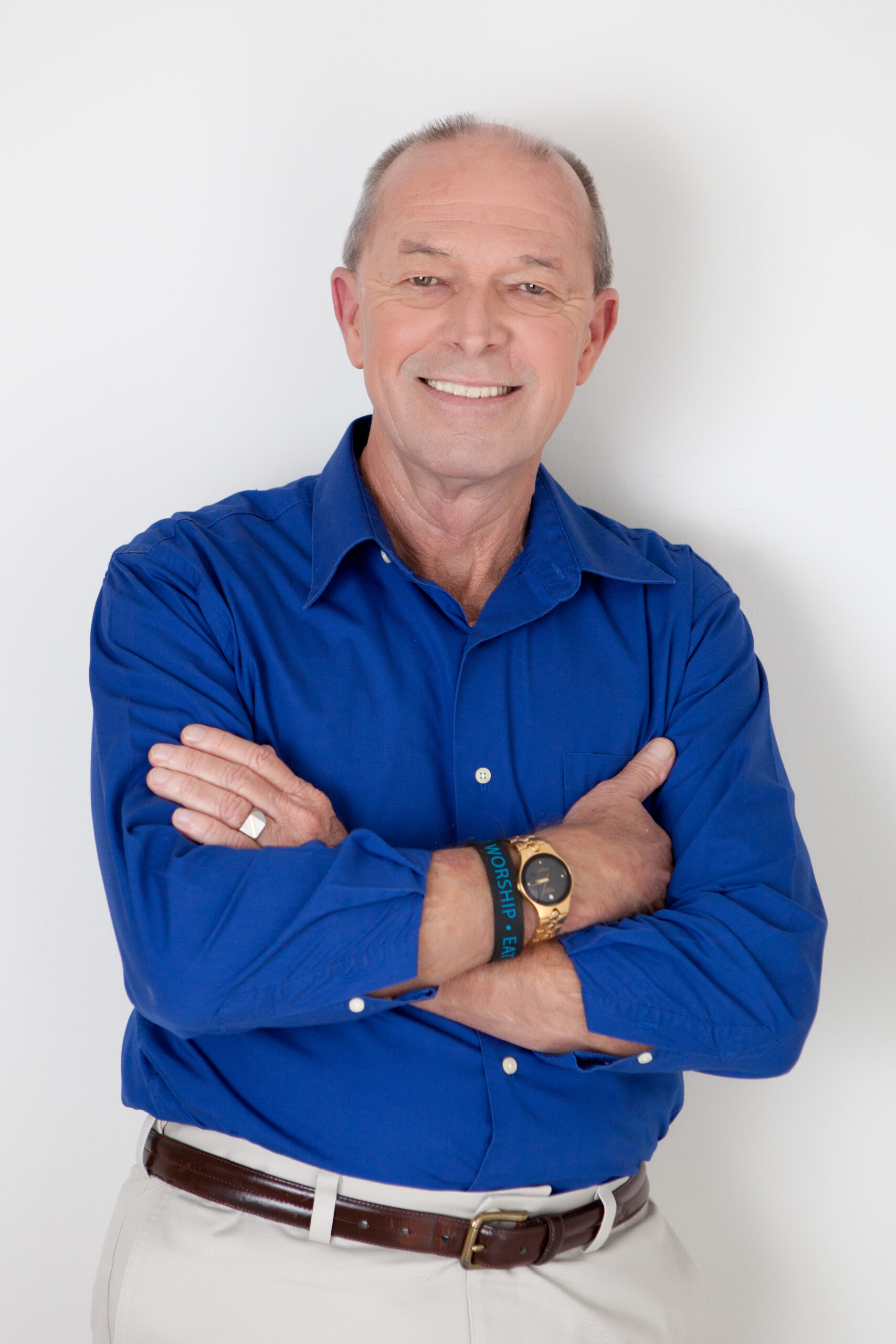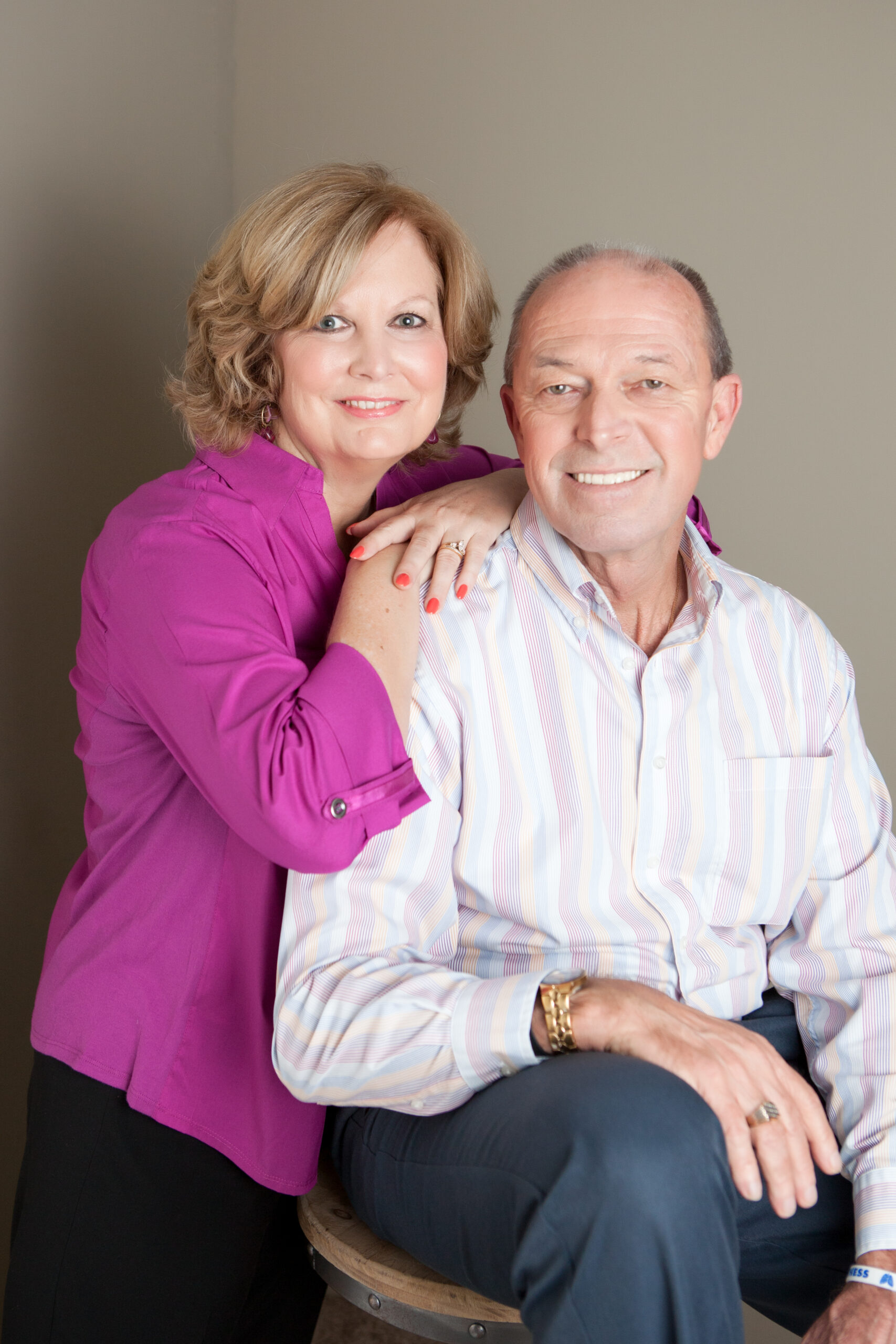 When Cliff Norton walks into a room, he brings hope through the door with him. Diagnosed with stage 4 (IV) lung cancer in July 2010, he was declared NED (no evidence of disease) in December 2012. More than a decade and many PET scans later, he’s still cancer-free.
When Cliff Norton walks into a room, he brings hope through the door with him. Diagnosed with stage 4 (IV) lung cancer in July 2010, he was declared NED (no evidence of disease) in December 2012. More than a decade and many PET scans later, he’s still cancer-free.
His story brings hope to others diagnosed with the disease. “People who are newly diagnosed want to talk to, look in the eyes, touch, and hold hands with survivors,” said Norton. “It’s a critical element of having hope.”
He knows because he’s been there.
Norton’s oncologist introduced him to GO2 for Lung Cancer about six months after his diagnosis. He quickly began to learn more about the disease—and the need for additional education, awareness, and advocacy. That led him to attend his first Lung Cancer Voices Summit.
“I was battling lung cancer and I wanted to be with other people who were dealing with the same things I was,” he said. “We’re common souls.” That first summit hooked him in, and he’s been a lung cancer advocate ever since.
Today, Norton sits on the Voices Summit Planning & Advisory Committee. Comprised of people living with lung cancer and caregivers, the committee helps develop the event’s agenda to ensure it meets the needs of the lung cancer advocacy community. He’s also held sessions for first-time summit participants on what to expect.
Four bullet points, five minutes
 “Going up to Capitol Hill has an impact, especially when we use our time wisely,” said Norton. That’s another reason he encourages people to get involved and attend the Voices Summit. And, of course, he has advice for first-time advocates to maximize their impact. Call it the “four bullets, five minutes” rule.
“Going up to Capitol Hill has an impact, especially when we use our time wisely,” said Norton. That’s another reason he encourages people to get involved and attend the Voices Summit. And, of course, he has advice for first-time advocates to maximize their impact. Call it the “four bullets, five minutes” rule.
“If we ramble, we waste everyone’s time. So, I tell people to come with four bullets about your story, practice it, rehearse it, and compress it to five minutes,” he said. “Make it personal but be professional as well. That shows you value legislators’ time, and it gives everyone in the group an opportunity to tell their story.”
Finally, Norton points out that advocacy does make a difference. “We see impact from it,” he said. “We’re seeing research helping to increase survivorship. When I was diagnosed, they were looking for two genetic mutations in lung cancer; we’re looking for a dozen now. That’s the effect of research. And that’s the effect of going up to Capitol Hill, meeting with your elected officials, telling your story, and having an impact on them so that you encourage them to fund the legislation that’s going to make a difference.”
Join Cliff and GO2 at the 2024 Lung Cancer Voices Summit in Washington, D.C. Register now!

Leave A Comment